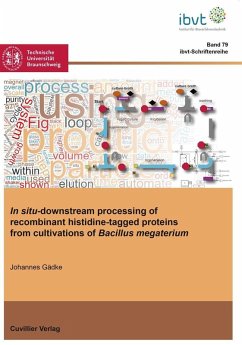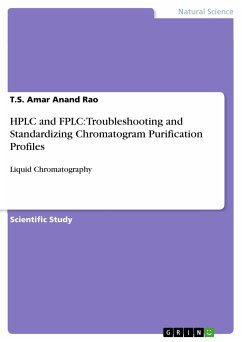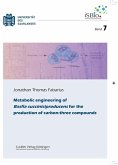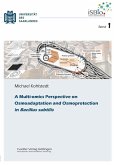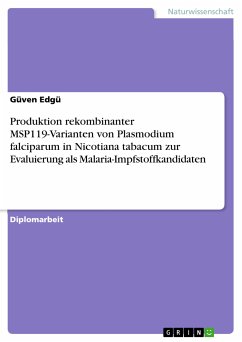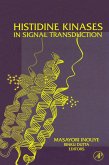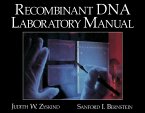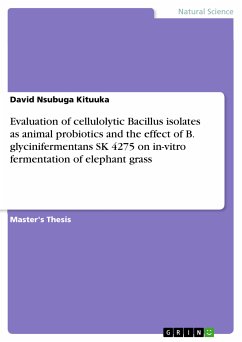Purification of (recombinant) proteins for industrial and pharmaceutical use is accompanied by high costs and difficulties in the scale-up with the necessity of many purification steps. This thesis demonstrates the use of functionalized superparamagnetic iron oxide nanoparticles for the purification of recombinant histidine-tagged proteins directly from a growing culture of the gram-positive bacterium Bacillus megaterium. The separation was performed using commercial hand held magnets. Regenerability and reusability are shown in shake flask scale. Automation of the process is demonstrated at lab scale bioreactors using two model proteins, Protein A and the antibody fragment α-Lysozyme D1.3scFv. The process demonstrates a quick and easy way to yield a product of high purity within a short period of time.
Dieser Download kann aus rechtlichen Gründen nur mit Rechnungsadresse in A, B, BG, CY, CZ, D, DK, EW, E, FIN, F, GR, HR, H, IRL, I, LT, L, LR, M, NL, PL, P, R, S, SLO, SK ausgeliefert werden.

